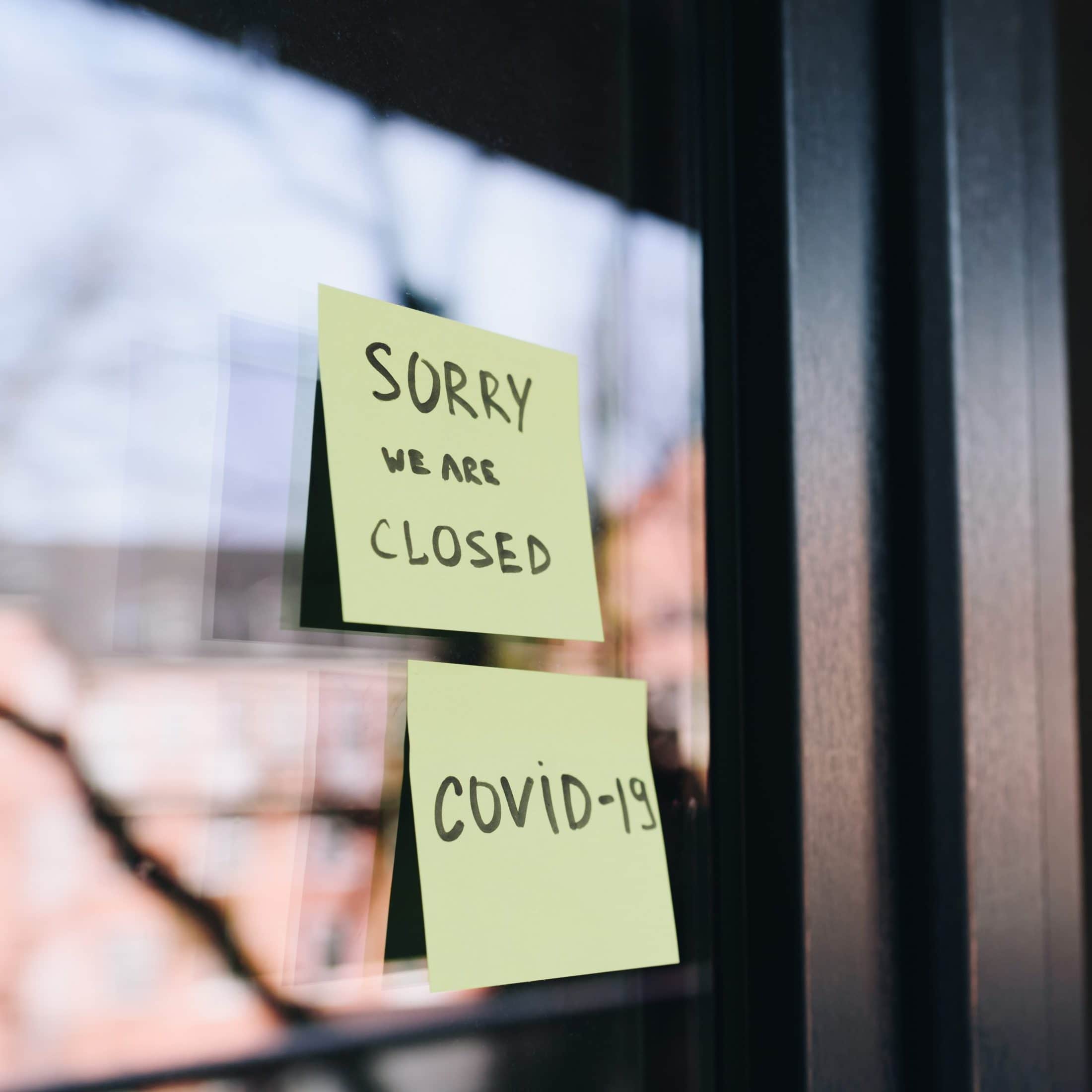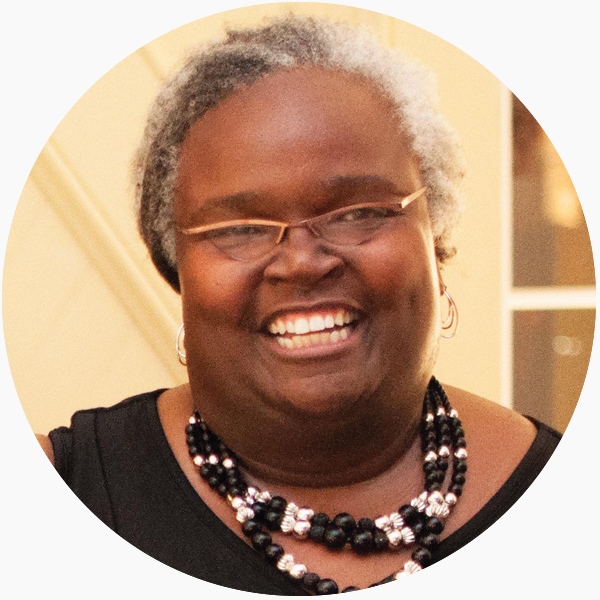I heard a heartbreaking story of a homeless man threatening people in an effort to get arrested. In the midst of our community’s pandemic shutdown, his usual spots for finding relief were no longer available. Food, water, and even toilet facilities were becoming impossible to find. In the face of these deprivations, this man who didn’t have the option to shelter in place decided that getting arrested was the best way to ride out the pandemic. Such action, at least where I live, isn’t uniquely the result of pandemic desperation. I’ve heard of others seeking a warm bed or a roof resorting to similar tactics.
For some of us, COVID-19 has meant job loss and children at home. Emotional and physical isolation are taxing our fiscal and emotional reserves. Even so, those of us charged with loving our neighbors as ourselves are tasked with remembering that some among us were struggling long before COVID-19. The pandemic didn’t create their plight, it’s just given those of us living in relative comfort the “eyes to see” (finally).
Our national COVID-19 conversation is shifting from the angst of protecting our health to the urgency of getting back to “normal.” I dare not wade into the wear-or-not-wear-a-mask debate, although I do have an unequivocal opinion. But I find the discussion a decoy, a preoccupation that keeps us from the primary question for Jesus followers: Whenever we return to normal, what kind of church will we be?
Our Zoom Sundays are at once a pleasant reminder that I am part of a committed community and a painful reminder that I cannot gather with these friends I deeply love. Yet we’ve found traction and meaning as a congregation responding to the needs of the poor within and outside our ranks. Rents and utilities have been paid. Groceries have been shared. We’ve mobilized our neighborhood to respond to the needs of elderly and disabled residents for essentials like toilet paper and cleaning supplies.
The American narrative that equates success with self-sufficiency
poisons our identity as children of God.
I am proud of our efforts. But, as the return to normal accelerates, I realize that all of our good work has only sustained the status quo of economic injustice. Too often, well-meaning believers are simultaneously feeding the hungry and overlooking the causes of hunger. We gladly provide respite for our homeless friends. But then we go home, and they go to the subway or bench where they will sleep for the night. We might be the spiritual descendants of those who “sold property and possessions to give to anyone who had need” (Acts 2:45). But I fear that we have acclimated to injustice as normal.
The American cultural narrative that equates success with rugged, individual self-sufficiency poisons our identity as children of God. Is it possible that in our addiction to our own comfort, we’ve forgotten our call to be a blessing to the nations (Genesis 12)? Grace and mercy are to be the hallmarks of our existence. Instead, we are filled with suspicion toward those who need charity longer than we think acceptable. We consume what we want, whenever we want, claiming that we are the recipients of God’s blessings. Meanwhile, some of our brothers and sisters work two (or three) jobs to pay their rent, and others resort to desperate actions to get a hot meal and a place to sleep. If that is the normal we are returning to, I don’t want to go.
As an act of faith-fueled resistance, instead of joining the race back to normal, I will lament. I will confess that we who are called to “defend the oppressed” and “correct the oppressor” (Isaiah 1:17) have failed in many ways. I will examine my own complicity and repent. I will, with God’s help, turn away from my own habits of rugged, self-focused independence and accept God’s invitation to turn toward the habits of Spirit-infused community. It is my prayer that this road of lament will lead all of us to a new normal with new practices for loving all my neighbors as myself.
Note: I wrote this before we knew George Floyd, Breonna Taylor, and Ahmaud Arbery were murdered. I wrote this before our country erupted into protest and pain. Sadly, these tragedies remind us how normal injustice is in the black American experience. For the sake of the kingdom, we can’t go back
About the Author
Leeann Younger is the founding co-pastor of Cityview Covenant Church in Pittsburgh, Pennsylvania.














